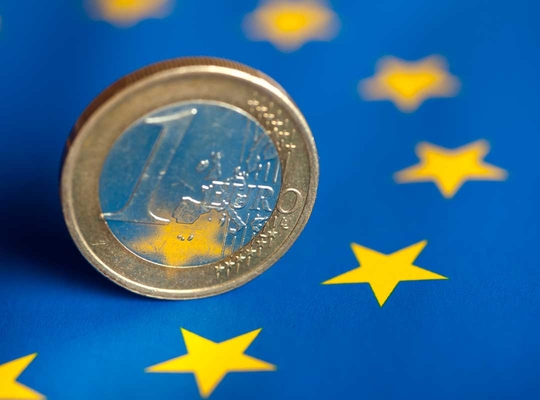You are here
European recovery plan: The N-VA does not want a debt union paid for by the Next Generation

“If we are not careful, the future unity of the EU and the next generation of voters and taxpayers will be the big losers.” The MEPs of the N-VA are concerned about the EUR 750 billion Recovery Fund proposed by the European Commission on Wednesday. Two-thirds of that would be subsidies. “The Union is built on responsibility and solidarity, and in that order.”
The Recovery Fund is the European response to the coronavirus crisis. The proposal, dubbed Next Generation EU, is the starting point for negotiations on a whole range of spending programmes that will shape EU policy in the coming years.
Responsibility and solidarity, in that order
The N-VA is of the opinion that government support must be efficient. This also applies to the European Recovery Package, says European N-VA delegation leader Geert Bourgeois. “The Union is built on responsibility and solidarity, and in that order. The funds must get to where they are needed. And they must be linked to conditions, such as reforms in the labour market and the economic fabric. We will be very vigilant that the money goes to future-oriented investments and not to current expenditure.”
The N-VA MPs are critical of the allocation of funds in the package. With no less than two thirds as subsidies and only one third as loans, it is completely skewed.
Protection of European industrial fabric
N-VA MEP Johan Van Overtveldt made a plea for the protection of companies and of people who work and save. He calls the strengthening of the internal market an absolute necessity. He advocates the temporary protection of our corporate fabric. “The Chinese investment company has built up a USD 1,000 billion war chest and is looking for attractive assets. This also applies to other large international groups. Europe must act now to protect our many excellent, promising and innovative companies from hostile takeovers.”
No European taxes
Along with the discussion about the Recovery Fund, the discussion about its financing must now also take place. The N-VA delegation does not want European taxes. “What is certainly unacceptable is the Commission’s suggestion of imposing an ‘internal market tax’,” says Geert Bourgeois. “That will undermine the EU’s greatest achievement, the internal market. Contrary to what Von der Leyen says, that is not a step forward, but two steps back.”
Fair contribution from internet giants
Johan Van Overtveldt is also of the opinion that people who work and have saved should not be presented with the bill. “I am making an appeal to seize the momentum to settle a long-running debate: it’s time for the big internet giants to make a fair contribution to the recovery. They have every interest in this themselves. These digital giants must make an appropriate contribution in the place where they carry out their activities.”
The next generation must not be the big loser
According to MEP Assita Kanko, the proposals for reimbursement contained in this package of measures must focus on efforts which, when viewed from a realistic perspective, can be sustained. Not just in the next few weeks, but in the coming years. “While our employees and our companies need protection to survive in the short term, Europe’s recovery must focus on stimulating growth and innovation in the long term. This recovery package is designed in such a way that all participants can come away from the table thinking they have achieved a victory, but if we are not careful, the future unity of the EU and the livelihoods of the next generation of voters and taxpayers will be the big losers,” Assita Kanko concludes.

